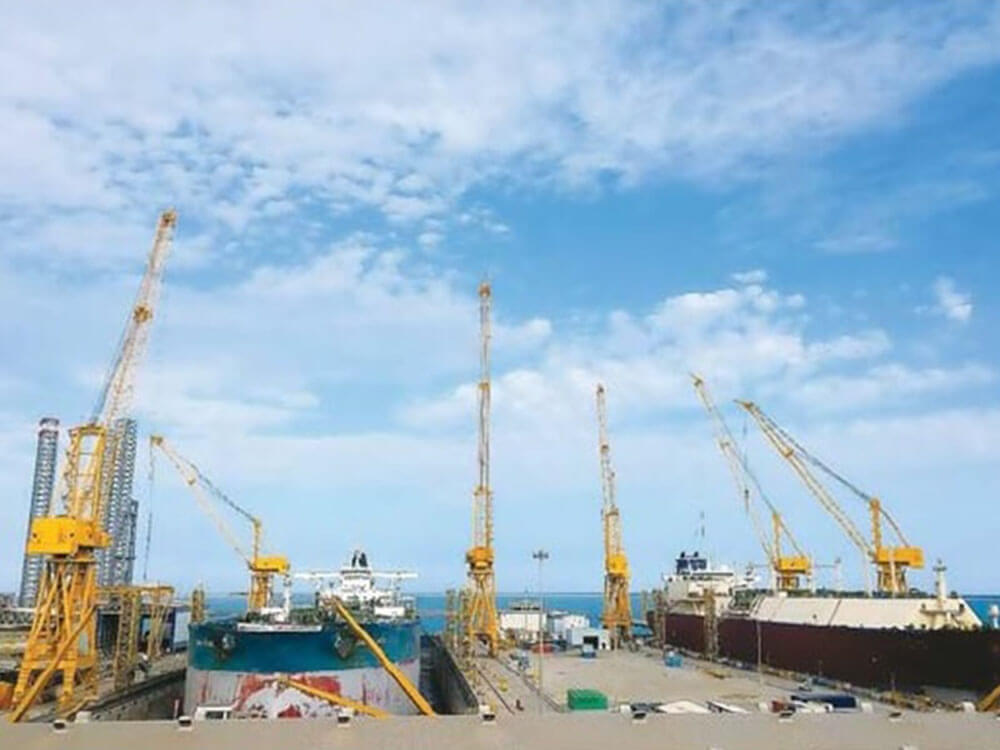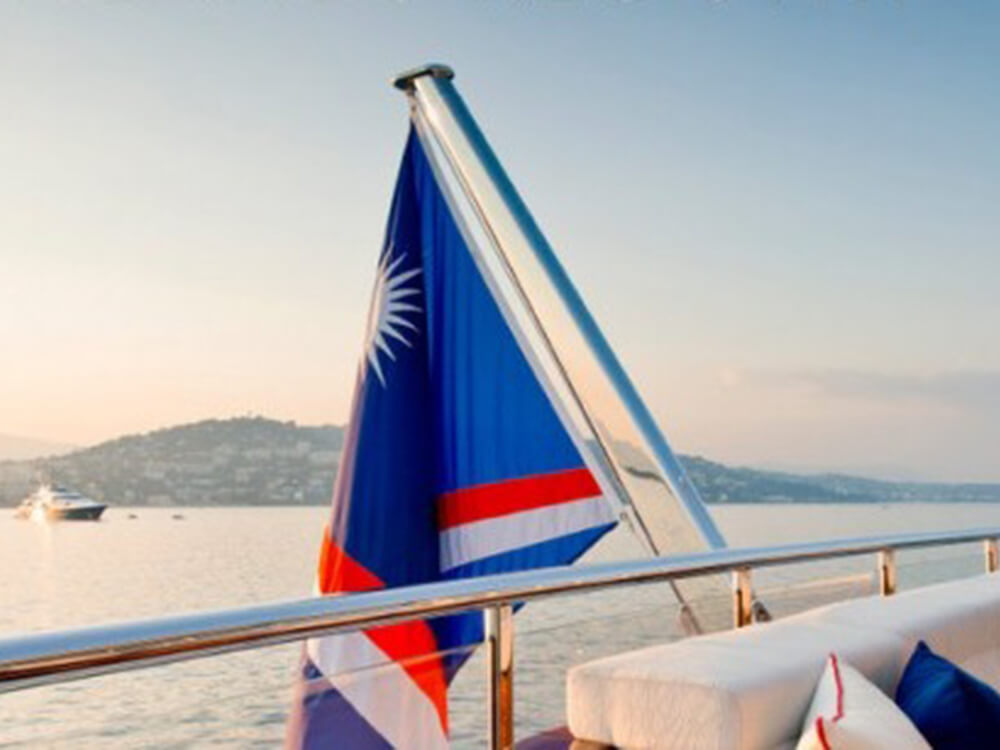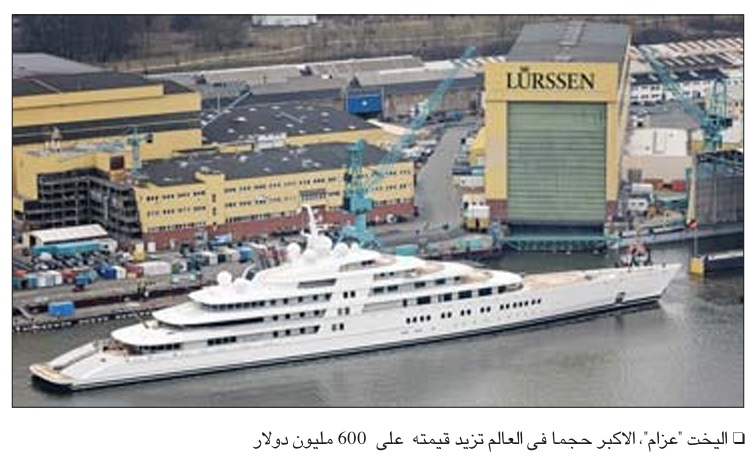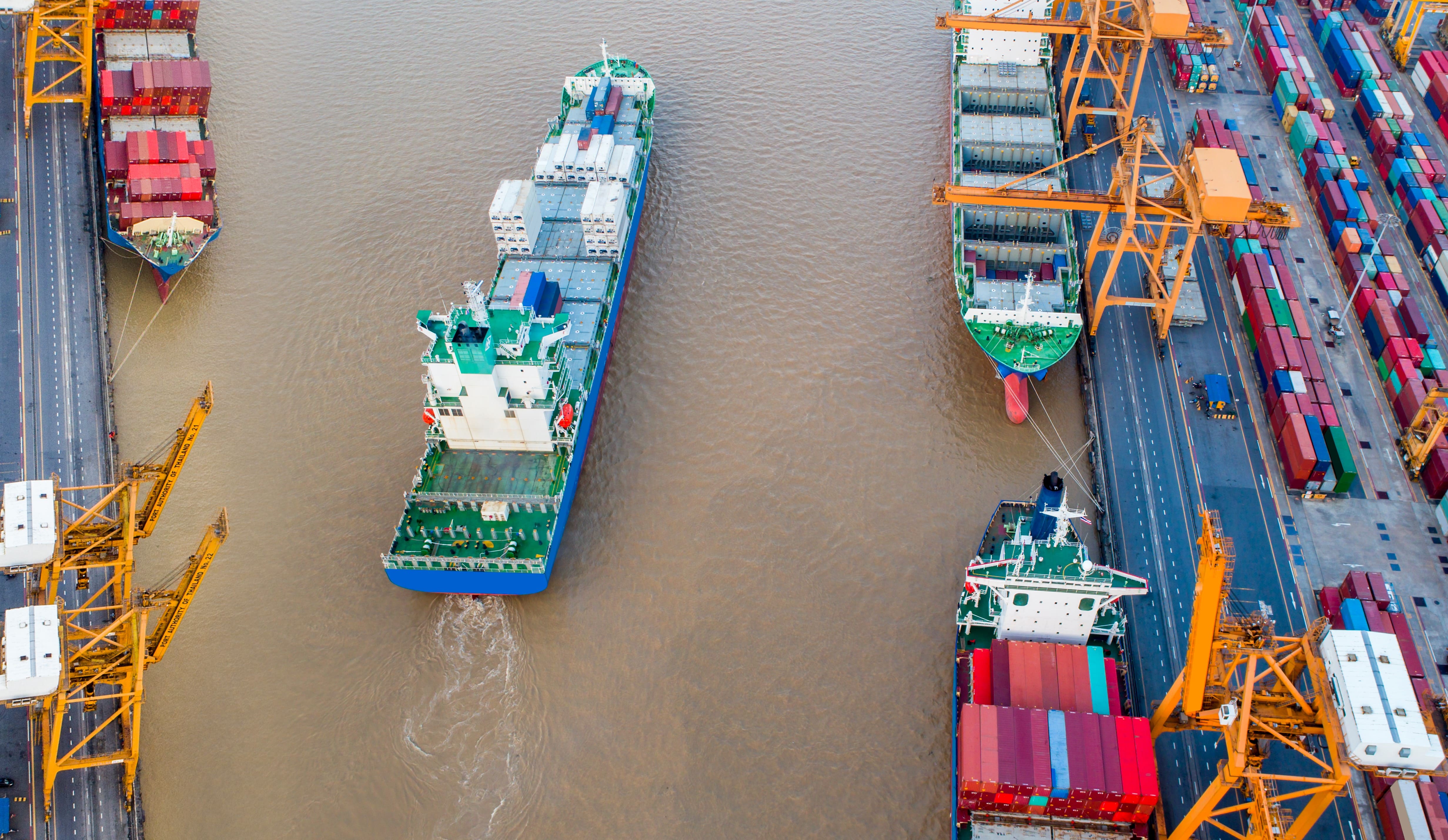Strategic Importance and Economic Returns

Dry docks play a key role in meeting the industrial infrastructure needs of different countries around the world and contribute to fulfilling the needs of the construction and repair of commercial ships of various types and sizes. They also meet the maintenance requirements of warships and military boats, thus securing the national security interests of States. Moreover, dry docks support the efforts of governments in developing the tourism activities and transport sector, not to mention their important and pivotal role in the creation and development of a broad base of small and medium scale industries as well as various specialized technical service providers.
The governments’ development of shipbuilding and repair facilities and investment in their activities encourage the private sector to inject new investments in the activities complementing and supporting those of shipbuilding and repair, achieving diversity in sources of income and increasing the industrial sector's share in gross national product.
The studies on the economic impacts of the shipbuilding and repair industry show that the maritime industry activities have direct and indirect impacts on the economy and GDP growth rates. To illustrate, the maritime industry is one of the main pillars of economy because of its strong impact on the economies of countries. Studies also show that through the supply chain, i.e. the indirect impact, and the spending on goods and services by those directly and indirectly working in this sector, a strong impact ranging between 4 and 7 is created. In simple words, each employment opportunity made available in the maritime industry sector creates along with it 4 to 7 indirect employment opportunities in other various sectors. This is the case with the States that have made long strides in this area and reached advanced stages of professionalism, quality, innovation and ability to deliver sophisticated and modern technology in all that is related to the shipbuilding and repair activities and various marine services.
Hence appears the importance of the shipbuilding and repair activities and their important strategic role in fostering a sustainable growth of States’ economies. This has motivated different countries around the world to pay attention to this industry and urged them to allocate huge capitals for investment in the construction of shipbuilding and repair facilities as well as investment in scientific research aimed to develop the techniques and technology used in the industry. In addition, these countries have provided economic and industrial cities for establishing the necessary business facilities, including industries and activities that support the shipbuilding and repairs operations. They have also enacted the legislation and laws governing such businesses, which will attract capitals for investment in this sector and encourage investment in scientific research that will contribute to the provision of modern and advanced technology to serve those operating in the maritime sector.
Many countries around the world invest in the development of maritime industry and various maritime activities in order to promote their industries and reduce dependence on imported materials and goods. This is due to the fact that the existence of a strong set of maritime activities in any country will promote the role of different sectors therein, such as shipbuilding and repair, and manufacture of offshore structures and installations, and will meet the needs of the drilling and exploration companies as well as maritime shipping companies. Such activities also have a direct impact on increasing the traffic of ships and containers in ports and secure the needs of the Navy fleet and Coast Guard in these countries.
There are many countries that have followed this path and adopted this approach in diversifying their economies. They have succeeded in turning into an important center for maritime activities and industries, and have become global. Thanks to the efforts of those in charge of this industry, these countries have succeeded in developing a broad base of small, medium and heavy industries, such as Singapore and South Korea that have succeeded during the last decades in developing integrated, world-class maritime industry and managed to develop the systems and technologies associated with it to serve and meet the needs of the maritime sector.
The Arab Gulf States have also caught up and followed this approach. They have invested huge sums in the infrastructure for this sector and have succeeded in developing a sophisticated marine industry in their countries with the aim of diversifying their GDP, meeting the needs of the different sectors, reducing dependence on imports from the world market, promoting their competitiveness in the various foreign markets, creating new skills and new job opportunities for their citizens and residents of their territories. However, the biggest challenge confronting these countries is to set up long and medium term sound strategic plans and to put a clear roadmap with milestones for the implementation of these plans, goals and strategies with high efficiency and the modernization of direct and indirect support mechanisms in order to strengthen the role of this sector by governments. This will ensure high utilization rates for these industrial facilities and will contribute to the advancement of this industry to the level which enables these countries to reach the ranks of advanced industrial countries.
This requires a careful review of completed projects ‘industrial facilities’ in this sector and their operational capacities, especially with the decline in the incomes of countries as a result of the decline in the oil prices. This is putting a considerable pressure on the continuity of the flow of investments in development and growth projects, especially those related to the oil, gas and the petrochemical sector. Moreover, a comprehensive study should be done on the size of future development projects and their different needs and the industrial sector of the Arabian Gulf countries should be involved in meeting these needs and in developing them. This can be done through the establishment of mechanisms that would contribute to the creation of a favorable environment to ensure the continuity of the growth of these activities and the development of a small and medium industries base together with other related services, which do not only serve the marine industry activities, but also meets the needs of other sectors at the same time, such as the oil and gas sectors, the petrochemical sector, urban, military and maritime transport as well as other sectors.
The increase in the amount of spending on the various development projects will directly contribute to increasing the volume of imports of these countries. Moreover, the creation of new investments in energy projects by oil and gas producing and exporting countries will play an important role in increasing the exports of these countries of petroleum products and their derivatives, especially with the recovery of world trade movement and the demand for energy on the medium and long term. This will positively reflect on the size of shipping operations, the movement of ships, containers in the commercial ports and the export of oil products and gas ports. It will also have an active role in the expansion of the customers' base of the shipping and maritime transport sector.
Since the human element is considered one of the pillars of this industry, it is important that governments consider the establishment of institutes and colleges specialized in studies in the different marine affairs that will rehabilitate and develop the skills and capabilities of workers in this sector and in the various other sectors associated with it. Moreover, it is very important that governments invest in research and technology required by the maritime industry in their various fields and activities. This will have its positive impact on the maritime business sector on the long run.
Published in Al-Sharq Newspaper
15 Aug 2015


